Building muscle mass isn’t just about lifting weights or following a strict gym routine. Your protein intake plays an essential role in supporting muscle protein synthesis and enhancing your lean body mass.
Consuming adequate protein is crucial for muscle growth and overall health, especially for older adults to combat muscle loss. But how much protein should you actually consume? And is it possible to eat too much protein?
This guide will walk you through everything you need to know about how much protein to increase muscle mass, including practical tips, expert-backed advice, and answers to frequently asked questions.
Introduction to Muscle Building
Muscle building, or muscle hypertrophy, is the process of increasing the size and strength of your skeletal muscle tissue. Achieving this requires a combination of proper nutrition, consistent resistance training, and adequate rest. Among these, protein plays a pivotal role.
When you consume protein, your body breaks it down into essential amino acids, which are the building blocks for muscle protein synthesis. This process is crucial for repairing and growing muscle tissue. Research suggests that to maximise muscle protein synthesis and support muscle growth, you should aim for a protein intake of 1.6-2.2 grams of protein per kilogram of body weight per day.
This range helps ensure that your muscles receive the necessary nutrients to grow stronger and larger.
How Much Protein to Increase Muscle Mass?
Determining how much protein you need depends on several factors, including your body weight, training intensity, and overall goals. Generally, experts recommend that to build muscle, healthy adults should aim for between 1.6 to 2.2 grams of protein per kilogram of body weight per day.
Consuming more protein is crucial to support muscle growth, but it's important to balance the intake to avoid both excess and insufficient protein, which can impact health and performance. This level of daily protein intake supports muscle growth by ensuring your body has adequate amounts of the essential amino acids needed to stimulate muscle protein synthesis effectively.
This is significantly higher than the current recommended dietary allowance (RDA) of 0.8 grams per kilogram, which is geared towards preventing deficiency, not optimising athletic performance or muscle building.
Grams of Protein Per Kilogram of Body Weight
Here is a simple breakdown:
-
Sedentary adults: 0.8 grams per kg
-
Active adults: 1.2 – 2.0 grams per kg
-
Strength training athletes: 1.6 – 2.2 grams per kg
For instance, a person weighing 70kg should aim for roughly 112 – 154 grams of protein daily to gain muscle effectively.
Optimising adult protein intake is crucial to support muscle growth and recovery, ensuring sufficient protein consumption and strategic meal timing for optimal health and athletic performance.
Why Protein Intake Matters for Muscle Growth
When you eat protein, your body breaks it down into amino acids that fuel the repair and rebuilding of muscle tissue. Regular resistance training creates tiny tears in your muscle fibres, and consuming enough protein helps patch up these tears, leading to bigger and stronger muscles through myofibrillar protein synthesis.
Without sufficient dietary protein, your body may struggle to recover, increasing the risk of muscle loss and prolonged recovery. Therefore, optimising your adult protein intake is crucial to maintaining positive body composition changes.
Understanding Protein Requirements
Protein requirements can vary significantly based on factors such as age, sex, weight, and activity level. For healthy adults, the minimum recommended intake is 0.8 grams of protein per kilogram of body weight per day.
However, this amount increases for those who exercise regularly. Active individuals may need between 1.2 to 1.6 grams per kilogram per day to support muscle growth and repair. For athletes and those engaged in intense resistance training, the requirement can go up to 2.2 grams per kilogram per day.
It’s also important to consider protein quality. High-quality proteins contain all the essential amino acids necessary for muscle protein synthesis, which is vital for muscle growth and overall health.
How Much Protein Is Too Much?
While a high protein diet is generally safe for most healthy adults, there is indeed such a thing as consuming too much protein, which offers no additional benefit beyond a certain threshold. Consuming more than 2.2 grams of protein per kilogram daily may lead to excess calories, promoting weight gain rather than lean mass gains.
Overloading on protein, particularly without sufficient exercise regularly, may stress the kidneys and other organs, although most studies find no severe health risks in healthy individuals.
However, those with pre-existing catabolic health conditions or kidney disease should moderate their intake.
Best Protein Sources for Muscle Growth
Choosing a high-quality protein source matters just as much as quantity.
Animal proteins like chicken, beef, eggs, dairy, and fish are considered complete proteins because they provide all nine essential amino acids necessary for muscle protein synthesis.
Top choices include:
-
Lean chicken breast
-
Salmon and tuna
-
Greek yoghurt
-
Cottage cheese
-
Whey protein powders
Greek yogurt is a practical and convenient protein source for muscle growth, offering a high amount of protein per serving.
Plant sources like beans, lentils, quinoa, and tofu are excellent as well, though you may need to combine different plants to ensure a full amino acid profile. A systematic review of plant versus animal proteins found that when adequate amounts are consumed, both are effective for muscle building.
Timing and Distribution: How and When to Consume Protein
It’s not just how much protein you consume; it’s how and when you consume it.
Protein ingestion should be spaced throughout the day in 20–40 gram servings to maximise muscle protein synthesis.
Particularly important is consuming a protein-rich meal or shake within two hours after resistance exercise. Spreading protein intake across meals, particularly increasing intake at breakfast, may help decrease hunger and cravings throughout the day, ultimately aiding in weight management.
Post-workout meals or snacks could include:
-
A protein smoothie with Greek yoghurt
-
Chicken and rice
-
Tofu stir-fry
This practice supports resistance training induced gains and accelerates recovery.
Consume Protein for Muscle Recovery
Consuming protein after resistance exercise is essential for stimulating muscle protein synthesis and aiding muscle recovery. Research indicates that ingesting 20-30 grams of protein within 30-60 minutes post-exercise can significantly promote muscle recovery and reduce soreness.
Additionally, having a protein-rich snack before bedtime can further support muscle recovery and growth during sleep. However, it’s crucial to avoid excessive protein intake.
Consuming more than 2.2 grams of protein per kilogram of body weight per day may not provide additional benefits and could lead to negative health effects, such as kidney strain and dehydration. Therefore, it’s important to balance your protein intake to optimize muscle recovery and overall health.
Daily Protein: Balancing Protein with Other Nutrients
While focusing on protein, remember to maintain a balanced diet. Consuming too much protein at the expense of carbohydrates and fats can compromise your energy levels and overall health. Whole foods like grains, fruits, and vegetables offer important nutrients that support body composition and overall performance.
Moreover, certain high-protein diets may carry more saturated fat, particularly those rich in red meats. Opting for lean cuts and balancing with plant sources can help mitigate potential health risks.
Protein Needs for Special Populations
Older Adults
As we age, maintaining muscle mass becomes increasingly important for mobility and health. Studies suggest older adults need about 1.0 to 1.2 grams of protein per kilogram daily to preserve lean mass and prevent muscle loss.
Athletes and Heavy Trainers
Athletes engaging in intense resistance training or endurance sports often require up to 2.0 – 2.2 grams per kilogram of body weight per day. Their muscles are under constant stress, making higher protein intake essential to recover and gain muscle.
Can You Build Muscle Without Supplements?
While protein supplementation (like powders or bars) can be convenient, it’s absolutely possible to meet your protein needs through whole foods alone. However, busy lifestyles or high-calorie requirements sometimes make supplementation a practical choice.
The intestinal wall plays a crucial role in the absorption of amino acids from whole foods. Amino acids are transported through the enterocytes at the intestinal wall into the bloodstream, ensuring efficient nutrient uptake.
When choosing supplements, look for high-quality products with minimal additives. Whey protein is a top choice due to its rapid digestibility and full amino acid profile.
What Happens If You Don't Eat Enough Protein?
Failing to meet your daily protein intake can sabotage your fitness goals.
Adequate protein consumption is crucial for building more muscle, as it helps in effectively rebuilding and enhancing muscle mass when combined with strength training.
Effects of inadequate protein include:
-
Reduced muscle mass and strength
-
Slower recovery
-
Compromised immune function
-
Greater risk of injury
-
Prolonged recovery times
In extreme cases, a deficiency can lead to conditions like sarcopenia (muscle wasting) and malnutrition.
Practical Tips to Eat Enough Protein
-
Plan your meals: Include a high quality protein in every meal and snack.
-
Prioritise whole foods: Focus on natural protein sources over heavily processed products.
-
Mix plant and animal proteins: This approach helps diversify your nutrient intake.
-
Snack smart: Keep options like nuts, Greek yoghurt, or boiled eggs handy.
Final Recommendations for Muscle Building
To effectively support muscle building, aim to consume 1.6-2.2 grams of protein per kilogram of body weight per day, distributed across 3-5 meals. This can include a mix of whole foods like lean meats, fish, eggs, dairy, and plant-based sources, as well as protein supplements if needed.
Consuming protein within 30-60 minutes after exercise and before bedtime can further enhance muscle recovery and growth. Remember, adequate rest and recovery, along with a balanced diet that includes carbohydrates and healthy fats, are also crucial for muscle growth and overall health.
By following these recommendations, you can optimize your protein intake and support your muscle-building goals effectively.
Conclusion: Protein is Your Muscle Building Partner
In the journey to gain muscle and improve body composition, protein is an undeniable hero. Finding your ideal balance of grams per kilogram tailored to your training level ensures you’re on the path to strong, healthy skeletal muscle.
Remember, it's not just about eating much protein, but eating the right amount, at the right times, from the best sources, and combined with a smart resistance training plan.
For those serious about optimising their fitness results, understanding and adjusting adult protein intake is a must. Choose whole foods, monitor your progress, and adjust as needed to continue seeing muscle building success.
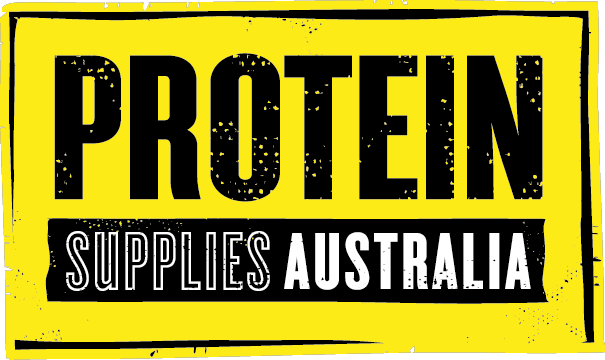

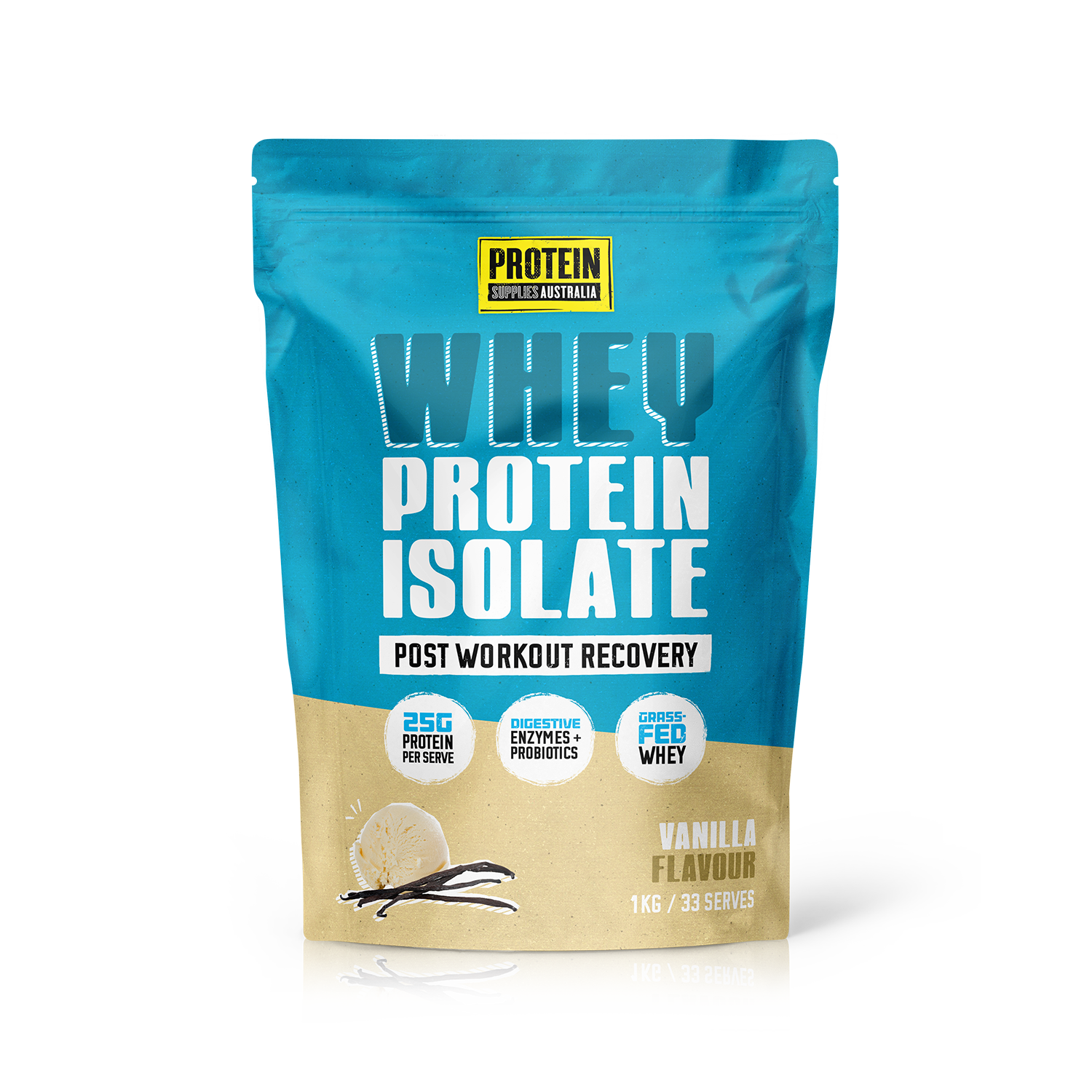
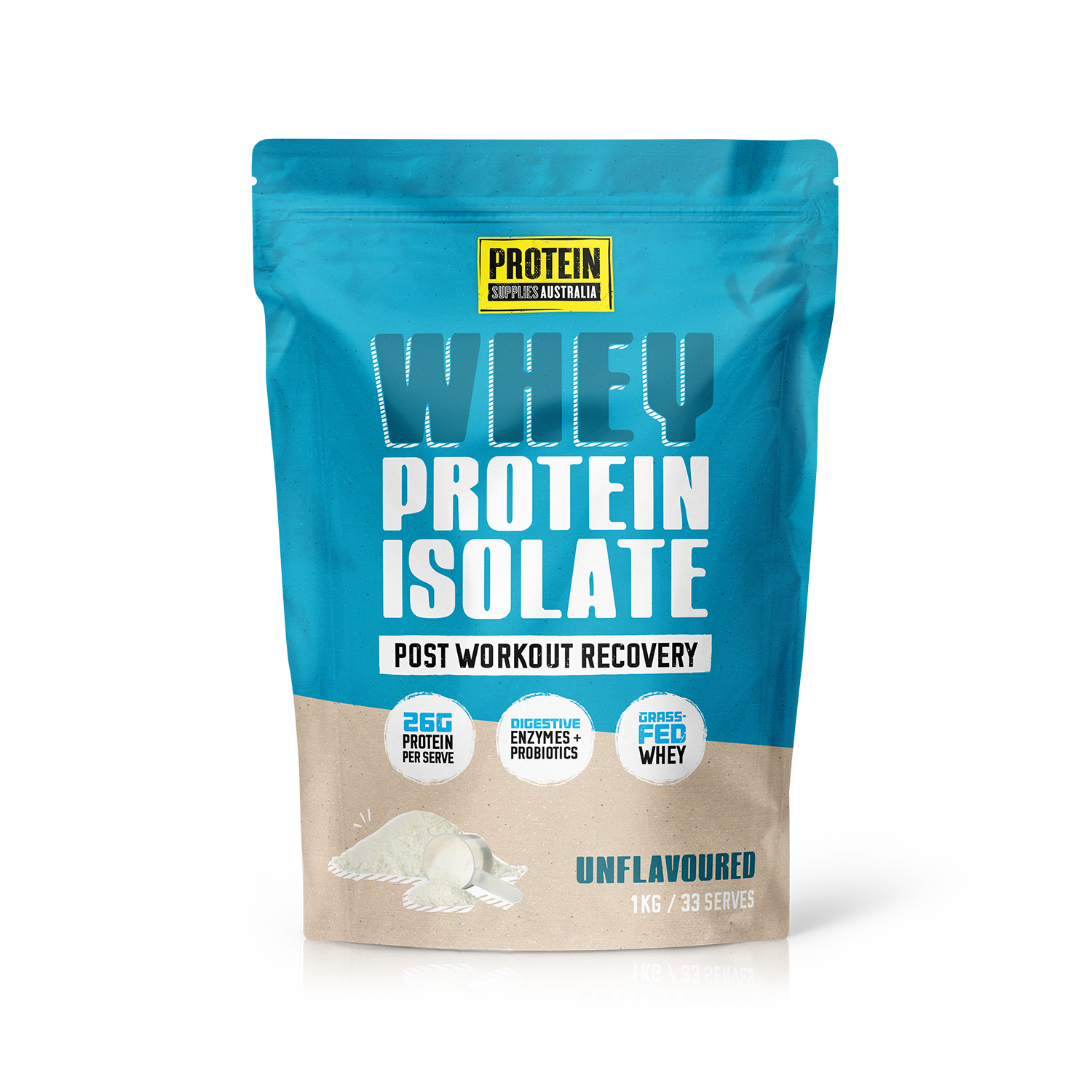
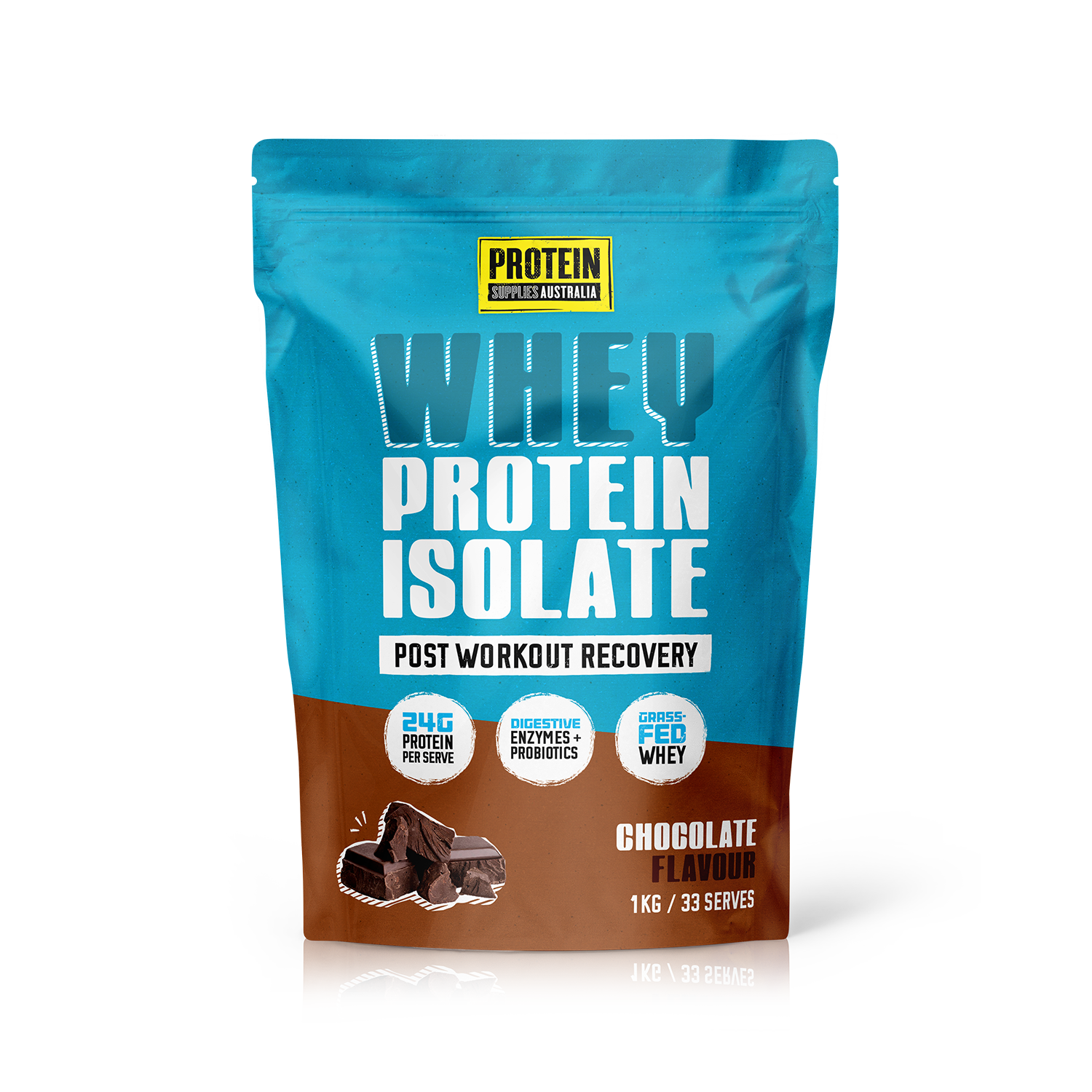
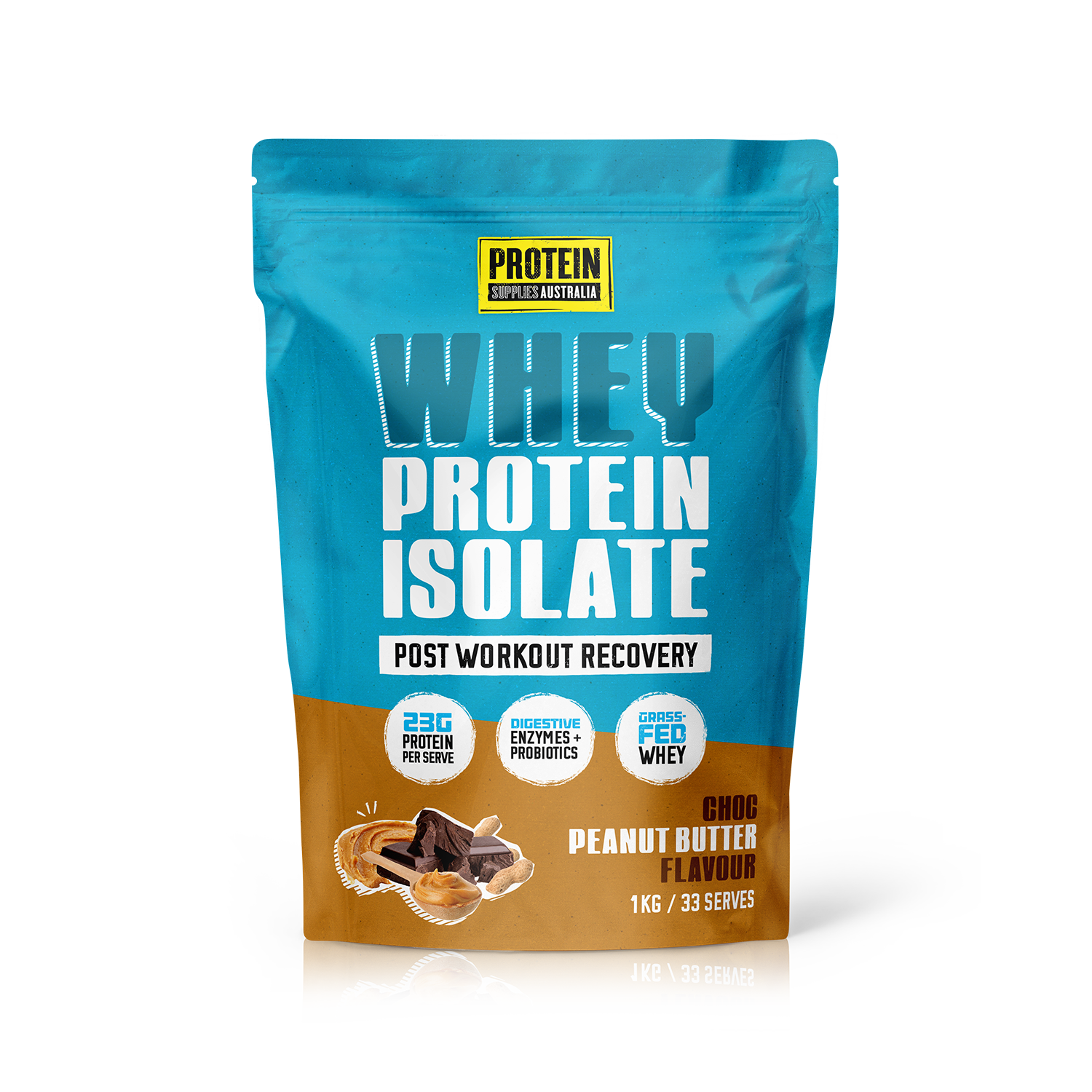
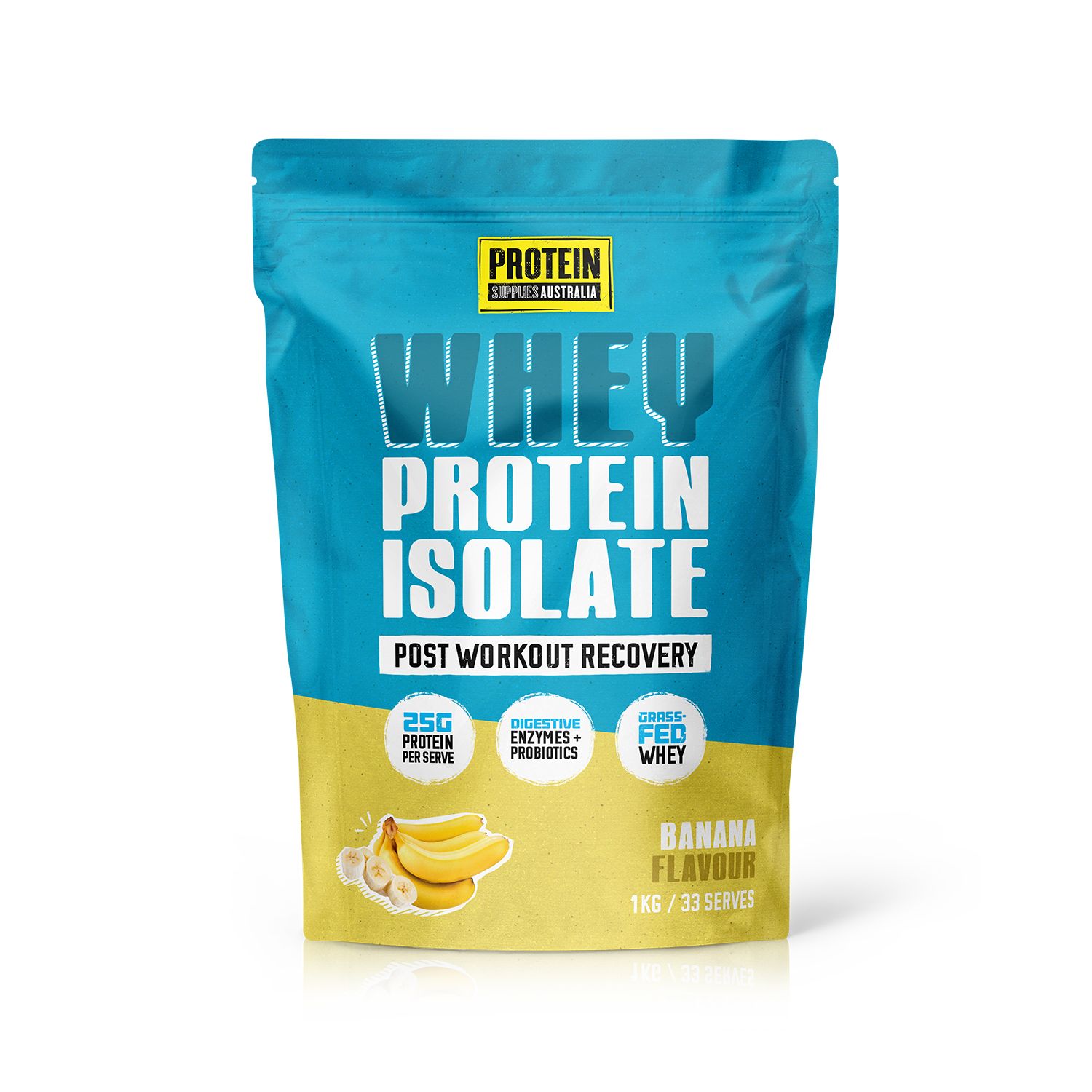
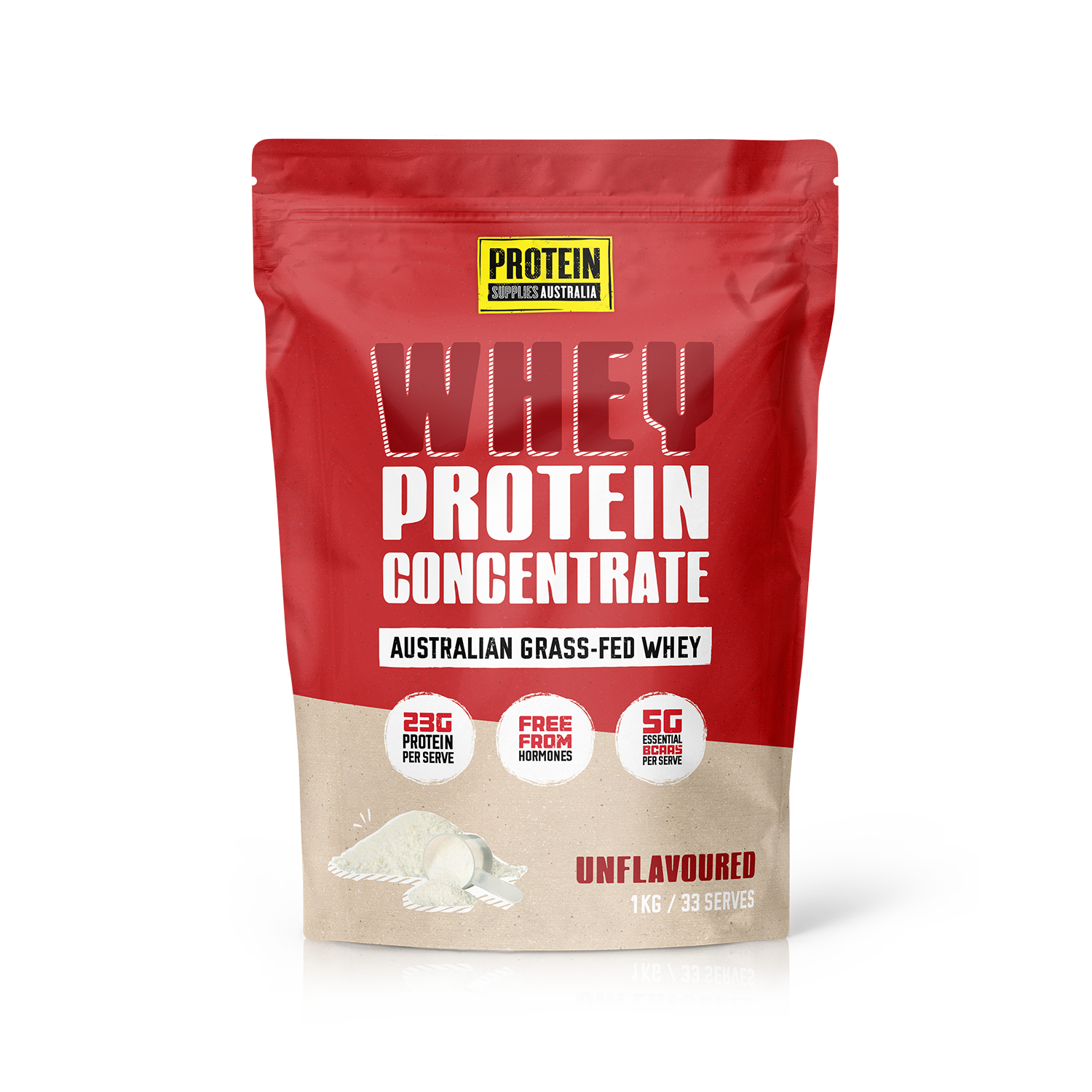
Hydrolyzed Collagen vs Collagen Peptides: What's the Real Difference?
How Much Collagen Should You Take per Day?